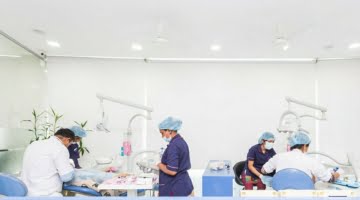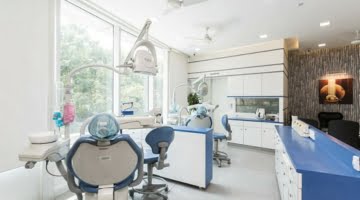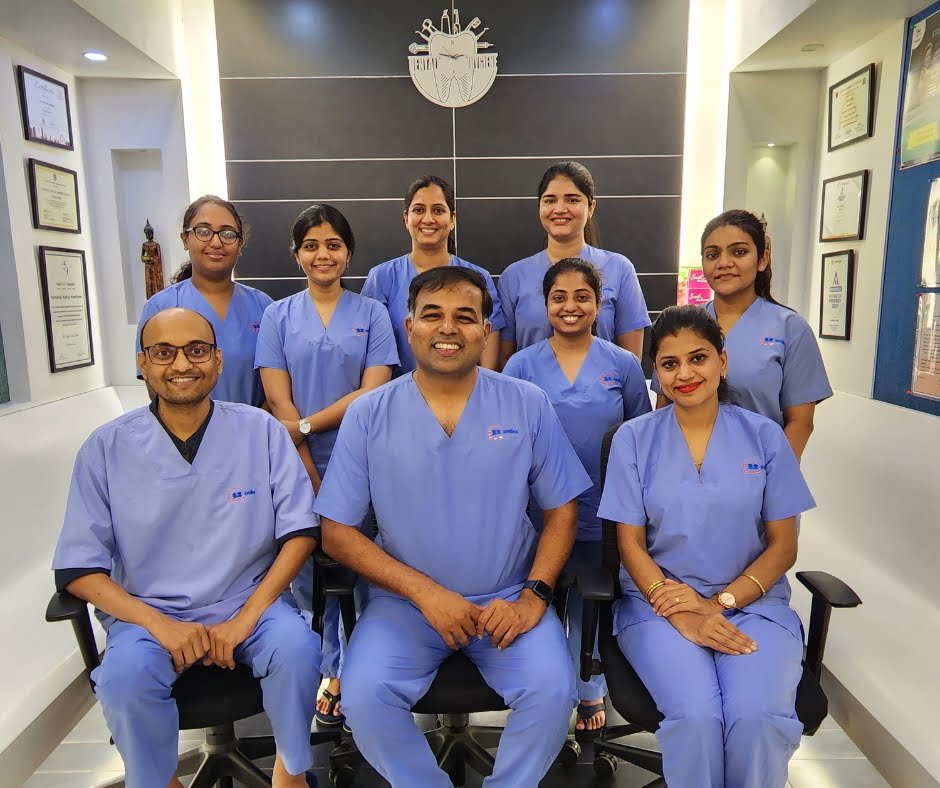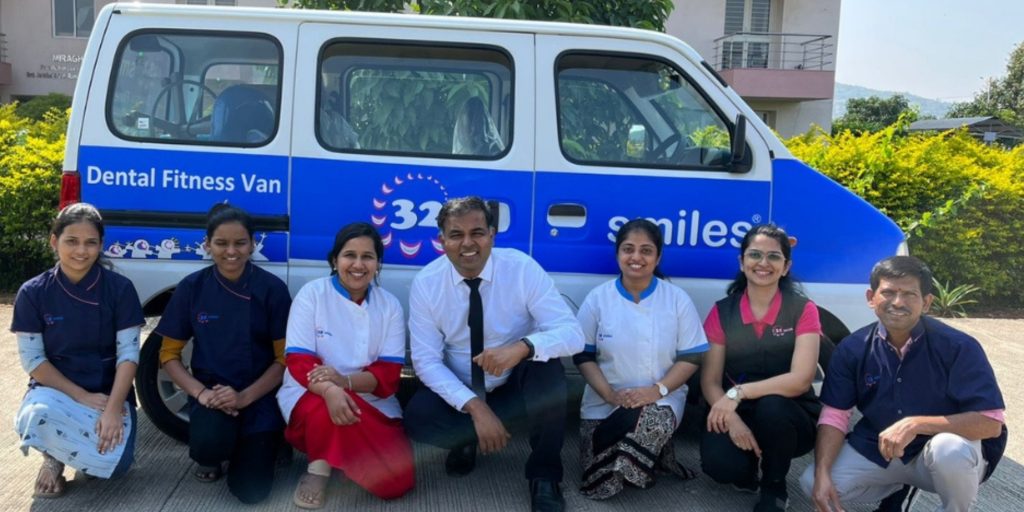People handle excess stress differently. Where some develop an ulcer, some high blood pressure, there are people who start to grind or clench their teeth.
Stress, it’s now believed, is the major cause of grinding and clenching your teeth, says dental researchers.

Clenching or Bruxism is a condition in which you grind, gnash or clench your teeth. In bruxism, people may unconsciously clench their teeth together during the day or grind them at night.
Bruxism may be mild and may not even require treatment. However, it can be frequent and severe enough to lead to jaw disorders, headaches, damaged teeth and other problems.
Possible physical or psychological causes may include:
- Abnormal alignment of upper and lower teeth (malocclusion)
- Other sleep problems such as snoring, breathing pauses during sleep and Obstructive Sleep Apnea (OSA).
- Anxiety, stress or tension
- Mental disorders, anxiety, stress and adverse psychosocial factors are significantly related to tooth grinding during sleep and it has been found that nearly 70% of bruxism occurs as a result of stress or anxiety.
- An uncommon side effect of some psychiatric medications, including certain antidepressants
Signs and symptoms:
- Teeth grinding or clenching
- Teeth that are worn down, flattened, fractured or chipped
- Worn tooth enamel, exposing deeper layers of your tooth
- Increased tooth sensitivity
- Clenching the teeth puts pressure on the muscles, tissues, and other structures around your jaw causing tightness and TMJ problems.
- Tired jaw muscles
- Earache — because of severe jaw muscle contractions.
- Headache
- Chronic facial pain
- Damage from chewing on the inside of your cheek
- Indentations on your tongue
 In some cases, no treatment is necessary. However, if the problem is severe, treatment options include certain therapies and medications.
In some cases, no treatment is necessary. However, if the problem is severe, treatment options include certain therapies and medications.
Therapies
Stress management. If you grind your teeth because of stress, you may be able to prevent the problem with professional counseling or strategies that promote relaxation, such as exercise and meditation.
relax your face and jaw muscles throughout the day. The goal is to make facial relaxation a habit.
Listening to music, taking a warm bath or exercising can help relax you and may reduce your risk of developing bruxism.
Try to reduce your daily stress and learn relaxation techniques.
Additionally, Apply ice or wet heat to sore jaw muscles
 Dental approach. If you or your child has bruxism, your doctor may suggest a mouth guard or protective dental appliance called night guards or splint to prevent damage to the teeth. Splints are usually constructed are soft splint or of hard acrylic and fit over your upper or lower teeth.
Dental approach. If you or your child has bruxism, your doctor may suggest a mouth guard or protective dental appliance called night guards or splint to prevent damage to the teeth. Splints are usually constructed are soft splint or of hard acrylic and fit over your upper or lower teeth.
Additionally, relax your jaw muscles at night by holding a warm washcloth against your cheek in front of your earlobe.
Correcting misaligned teeth
Orthodontic treatment will be helpful in patients where bruxism is associated with dental problems (Bad Bites). In severe cases — when tooth wear has led to sensitivity or the inability to chew properly — your dentist may need to use overlays or crowns to entirely reshape the chewing surfaces of your teeth.
Behavior therapy.
- Once you discover that you have bruxism, you may be able to change the behavior by practicing proper mouth and jaw position.
- Concentrate on resting your tongue upward with your teeth apart and your lips closed. This should keep your teeth from grinding and your jaw from clenching.
- Avoid or cut back on foods and drinks that contain caffeine, such as colas, chocolate, and coffee.
- Avoid alcohol. Grinding tends to intensify after alcohol consumption.
- Do not chew on pencils or pens or anything that is not food. Avoid chewing gum as it allows your jaw muscles to get more used to clenching and makes you more likely to grind your teeth.
Medications
In general, medications aren’t very effective for treatment of bruxism. In some cases, your doctor may suggest taking a muscle relaxant before bedtime.
Bruxism, in its initial stages, only involves minor symptoms and inconveniences; it is often ignored by both patients and clinicians. At a certain point, however, the symptoms begin to noticeably affect one’s quality of life. It is typically at this point that a patient starts looking for a cure. This delay is unfortunate, for by then the habit is ingrained and has already brought about irreversible losses.
Popular Searches
Best Dentists Pune | Best Orthodontists Pune | Best Invisalign Clinic Pune | Best Root Canal Pune | Best Braces Clinic Pune








